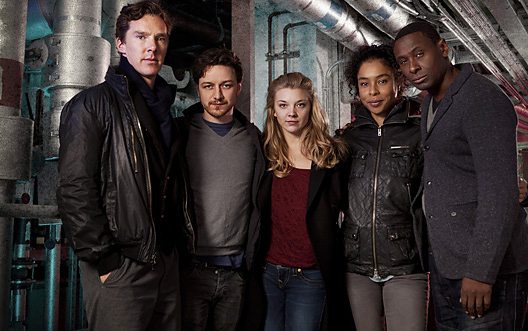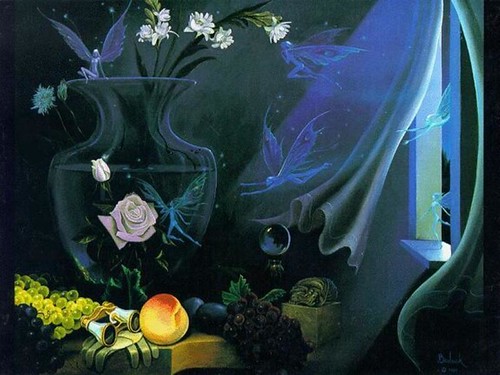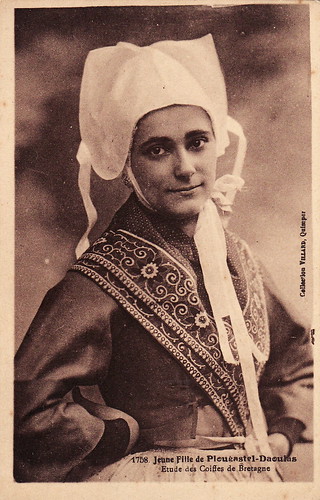Hello again! I took an inadvertent break from delving into the depths of my logophilia collection to devote some serious time to editing and novel-building.
Adventures in Logophilia, Day 191:
insentient
unfeeling, unconscious; incapable of understanding human things or showing sympathy; in other words, inanimate.
Does this man look insentient to you?
I have been watching Star Trek: the Next Generation for the first time in fifteen years or so. Having spent a good deal of my childhood immersed in this world, there a few questions I find myself revisiting. For one, I believe the one-of-a-kind android Commander Data feels a great deal more than he lets on. I find it hard to believe that C-3PO and R2D2 are more capable of producing emotion - oftentimes irrational, biting emotion - than Data claims to. Why?
Data is driven to understanding and becoming an acceptable participant in humanity. We first see him whistling "Pop Goes the Weasel." He proves himself an artist, classical musician and Shakespearean actor. He is fascinated with Sherlock Holmes (aren't we all?). He experiences grief many times. Confusion and bewilderment, also. He's been in love. He expresses the desire to be a parent. He owns a ginger-stripe cat named Spot - only a human would be able to embrace the irony of that. Above all, he is a loyal member of the crew of the Enterprise, a friend to many, an enemy to few.
And yet through all of this Data will declare that he has no emotions and is incapable of understanding love, grief, fear, humor because they (supposedly) reside outside of his original programming. His brother Lore was the android outfitted with emotions, but he soon turned out to be the defective model prone to misanthropy and evil.
Here's my theory. Data was created by a human being - a human being he will refer to as "Father." He works with humans (and others) on a regular basis. Without emotion, he'd have no drive, no curiosity, no will power to adapt, to learn or to better himself. Without emotion, he'd reside in a closet until it's time for him to go to the bridge, would not be embraced by his crew, nor would he be a respected, trusted senior officer. I'm not an expert on Starfleet, but would they really give such privileges to an insentient automaton? My argument is that Data does have emotions. The evidence is overwhelming. He simply does not know what to do with them. That said, he is like a child constantly learning about his world.
Again, if 3PO can express pain, mourn, worry, spew insults, panic and whine, then Data can, too. (Someone would argue - "hey! They're in two separate universes!" That's true. But it makes no difference to me. I could very easily throw in a blurb about Daleks or Cybermen.) When Data is outfitted with an "emotion chip" in the later years, it doesn't necessarily produce his emotions but allows him to experience and express them more fully... though this gets him into a great deal of trouble.
In the film Star Trek: Generations, Data goofs around with a tricorder puppet, is paralyzed with fear when Geordi is kidnapped by Klingons, expresses triumph when the crew wins a victory, and cries with joy when Spot is found alive in the wreckage of the Enterprise. It wasn't the chip that produced these emotions. These emotions were there all along, just buried in his android programming, waiting to come out.
So try to tell me that Data has no emotions, and you'll be hearing from me. He's more human than he realizes. He just happens to be a well-made machine. But aren't we all?



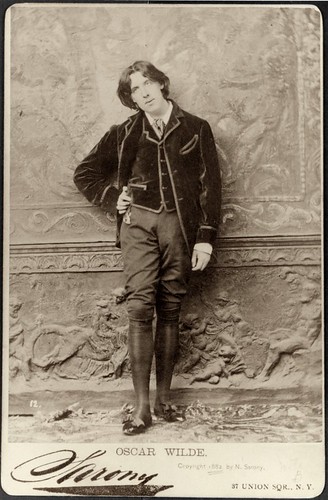

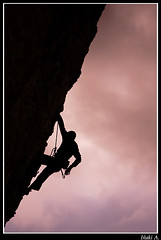
![The Wheel [77%]](http://farm4.staticflickr.com/3312/3307621620_182d3c1e05.jpg)


